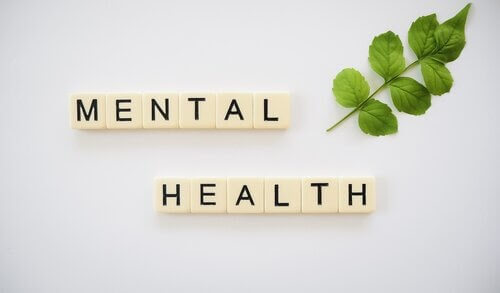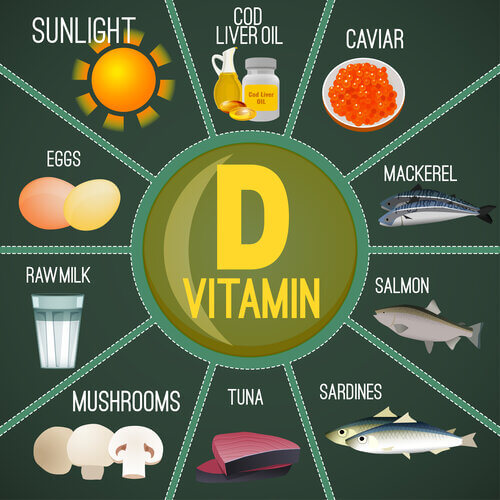Vitamin D is crucial to the healthy function of your immune system and nervous system, it also supports brain and cardiovascular function. So…
How do you know if you’re vitamin D-efficient?
The easiest way to find out is to have your doctor run a blood test for 25-hydroxy vitamin D (that’s exact name of the test). Your results should be between 60-80 ng/mL optimally.
I have patients say, “well I go out in the sun.” “I drink milk.” “I eat vitamin D fortified cereal.” And I tell them, in all my years of practicing (9), I have yet to have a vitamin D blood test come back within the optimal/normal range (of a patient who is NOT already on a prescription vitamin D supplement). With that being said, you should have your vitamin D looked at even if you go out in the sun, drink milk or eat fortified cereal.
The reason being, some people don’t get enough sunshine to maintain adequate vitamin D levels, while others don’t consume enough vitamin D-containing foods. Others have a genetic variation that does not allow them to convert the sun’s vitamin D into the absorbable vitamin D that our bodies need to use.
As a result, vitamin D deficiency is extremely common in ALL parts of the world.
 What are some other symptoms of vitamin D-efficiency?
What are some other symptoms of vitamin D-efficiency?
- Fatigue
- Brain fog
- Depression
- Impaired wound healing
- Generalized weakness
- Muscle or bone pain
- Bone loss
- Poor immunity
- Headaches
- Tooth decay
 Your diet can impact your vitamin D levels.
Your diet can impact your vitamin D levels.
Unfortunately, however the quantity of vitamin D in foods is very limited. If you’re looking to get more vitamin D through your foods, here’s a great graphic that illustrates which foods are highest in it.
The goal should be to consume these foods daily which will help maintain a stronger immune system, improved mental health and feeling better overall.
Pro tip: With fresh mushrooms, put them in the sun or under a UV light for 10 minutes prior to eating. Mushrooms are able to convert the UV rays to active vitamin D since they are a living organism (a fungus).
Please note: This information above is not intended to diagnose or treat medical conditions, it is provided solely for informational purposes. If you have specific questions related to your treatment or are planning to change your medical plan, first discuss this with your medical provider. If you are interested in exploring integrative cancer treatment options please schedule a telemedicine appointment with Dr. McMurry.
Dr. McMurry’s goal is to increase access to naturopathic preventative medicine. She provides on-site workplace preventative health appointments to employees. As well as telemedicine (virtual video) appointments to cancer patients seeking integrative naturopathic cancer care. If you’re interested in learning more about what she does and/or who she is please feel free to email her at info@naturopathiccancertreatment.com.


